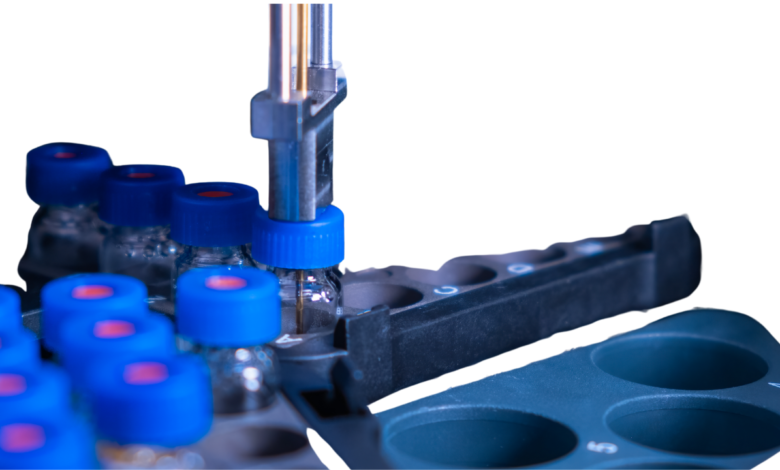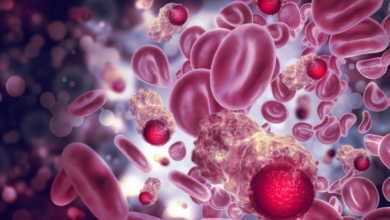Metabolomics

What is Metabolomics?
Metabolism testing is a general term that encompasses various tests used to assess how the body processes nutrients and energy. It can involve measuring different aspects of metabolism, such as:
- Glucose metabolism: How the body processes carbohydrates and sugars.
- Lipid metabolism: How the body processes fats and cholesterol.
- Protein metabolism: How the body processes proteins and amino acids.
Why Metabolomics is required?
Metabolism testing can be used for several reasons, including:
- Diagnosing metabolic disorders: Certain conditions, such as diabetes, thyroid disorders, or genetic metabolic diseases, can affect metabolism. Testing can help identify these conditions.
- Monitoring treatment effectiveness: For individuals with metabolic disorders, testing can help track the effectiveness of treatment plans.
- Assessing nutritional status: Metabolism tests can provide insights into how well the body is absorbing and utilizing nutrients.
- Evaluating athletic performance: Athletes may use metabolism testing to optimize their nutrition and training strategies.
Which are the method of Metabolomics?
The specific methods used for metabolism testing can vary depending on the aspect of metabolism being evaluated. Some common methods include:
- Blood tests: Measuring levels of glucose, insulin, cholesterol, triglycerides, and other metabolic markers.
- Urine tests: Assessing how the body processes certain nutrients or byproducts of metabolism.
- Breath tests: Measuring the amount of certain gases exhaled, which can indicate metabolic activity.
- Oral glucose tolerance test (OGTT): Measuring how the body processes glucose after consuming a sugary drink.
- Exercise stress tests: Evaluating how metabolism changes during physical activity.
Who should go for Metabolomics?
Individuals who may benefit from metabolism testing include:
- People with symptoms of metabolic disorders, such as fatigue, weight gain or loss, excessive thirst, or frequent urination.
- Those with a family history of metabolic diseases.
- Athletes or individuals seeking to optimize their nutrition and performance.
- People undergoing treatment for metabolic conditions.
What are the results of Metabolomics?
The results of metabolism testing can vary depending on the specific tests performed. However, they can provide valuable information about:
- The body’s ability to process different nutrients.
- The presence of metabolic disorders.
- The effectiveness of treatment plans.
- The need for dietary or lifestyle changes.
What are the components of Metabolomics?
The components of metabolism testing can vary depending on the specific tests being performed. However, they typically involve:
- Sample collection: Collecting blood, urine, or breath samples.
- Laboratory analysis: Analyzing the samples for various metabolic markers.
- Interpretation: Interpreting the results and providing a diagnosis or recommendations.





